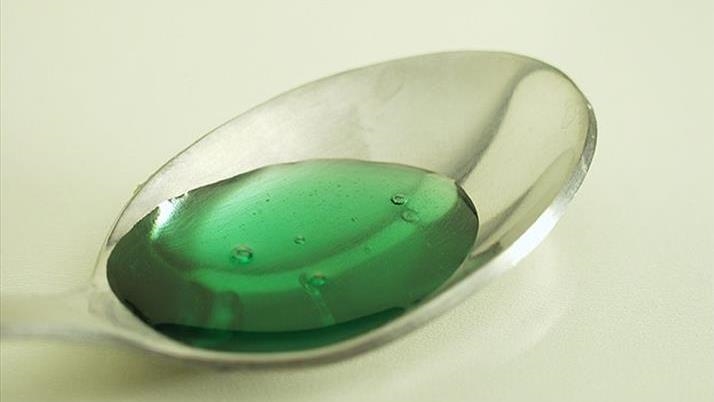India arrests 3 employees of cough syrup company linked to child deaths in Uzbekistan
India launched probe late last year after Uzbekistan said children there died from side effects of taking cough syrup

NEW DELHI
India police arrested three employees of a company Friday that manufactured cough syrup linked to the deaths of at least 19 children in Uzbekistan last year.
India launched a probe in December after authorities in Uzbekistan said children there died because of side effects of the cough syrup manufactured by Marion Biotech, located in Noida in northern Uttar Pradesh state.
While Indian Health Minister Mansukh Mandaviya immediately said all manufacturing activities of Marion Biotech at the Noida plant have been stopped, the license of the cough maker was later suspended.
Vaibhav Babbar, a drug official in Uttar Pradesh state, told Anadolu that authorities filed a police complaint against the company after samples of the company lifted during an inspection were found "substandard."
"In that case, police have now arrested three employees of the company," he said.
Additionally, police said the three accused were "arrested for causing serious harm to the health of human life by manufacturing and selling spurious medicines."
Police said also two additional employees were on the run.
The World Health Organization (WHO) in a medical alert in January had also recommended not using two cough syrups made by Marion Biotech.
The Uzbek Health Ministry in December reported that 19 children with acute respiratory disease died after taking Doc-1 Max syrup. The ministry also said Dok-1 Max tablets and syrups have been withdrawn from sale nationwide, urging parents to purchase medicines only by prescription.
The incident followed a similar one in Gambia in October when the WHO issued an alert for four contaminated medicines linked to acute kidney injuries and 66 child deaths. The medicines were cough and cold syrups produced by Maiden Pharmaceuticals Limited in India.
But the Indian parliament was informed by the Health Ministry that "control samples" of the drugs from the manufacturing unit were drawn and sent for test and analysis.
"As per the report of the government analyst, the samples have been declared to be of standard quality," it said.








